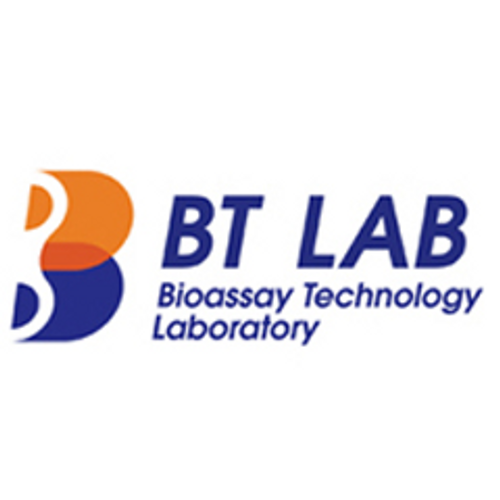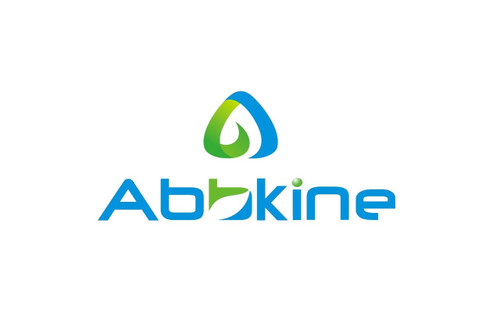Product Description
Human Mucosae associated epithelia chemokine (MEC) ELISA Kit | AE59139HU | Abebio
Species Reactivity: Human (Homo sapiens)
Abbreviation: CCL28
Alternative Name: CCK1; MEC; MGC71902; SCYA28; CC chemokine CCL28|mucosae-associated epithelial chemokine|small inducible cytokine A28|small inducible cytokine subfamily A (Cys-Cys) ; member 28
Application: ELISA
Range: 0.156-10 ng/mL
Sensitivity: 0.057 ng/mL
Intra-Assay: ≤4.1%
Inter-Assay: ≤7.8%
Recovery: 0, 97
Sample Type: Serum, Plasma, Other biological fluids
Detection Method: Sandwich
Analysis Method : Quantitive
Test Principale: This assay employs a two-site sandwich ELISA to quantitate CCL28 in samples. An antibody specific for CCL28 has been pre-coated onto a microplate. Standards and samples are pipetted into the wells and anyCCL28 present is bound by the immobilized antibody. After removing any unbound substances, a biotin-conjugated antibody specific for CCL28 is added to the wells. After washing, Streptavidin conjugated Horseradish Peroxidase (HRP) is added to the wells. Following a wash to remove any unbound avidin-enzyme reagent, a substrate solution is added to the wells and color develops in proportion to the amount of CCL28 bound in the initial step. The color development is stopped and the intensity of the color is measured.
Product Overview: CCL28 is a chemokine. CCL28 regulates the chemotaxis of cells that express the chemokine receptors CCR3 and CCR10. CCL28 is expressed by columnar epithelial cells in the gut, lung, breast and the salivary glands and drives the mucosal homing of T and B lymphocytes that express CCR10, and the migration of eosinophils expressing CCR3. This chemokine is constitutively expressed in the colon, but its levels can be increased by pro-inflammatory cytokines and certain bacterial products implying a role in effector cell recruitment to sites of epithelial injury. CCL28 has also been implicated in the migration of IgA-expressing cells to the mammary gland, salivary gland, intestine and other mucosal tissues.
Stability: The stability of ELISA kit is determined by the loss rate of activity. The loss rate of this kit is less than 5% within the expiration date under appropriate storage condition. The loss rate was determined by accelerated thermal degradation test. Keep the kit at 37°C for 4 and 7 days, and compare O.D.values of the kit kept at 37°C with that of at recommended temperature. (referring from China Biological Products Standard, which was calculated by the Arrhenius equation. For ELISA kit, 4 days storage at 37°C can be considered as 6 months at 2 - 8°C, which means 7 days at 37°C equaling 12 months at 2 - 8°C) .
 Euro
Euro
 USD
USD
 British Pound
British Pound
 NULL
NULL












